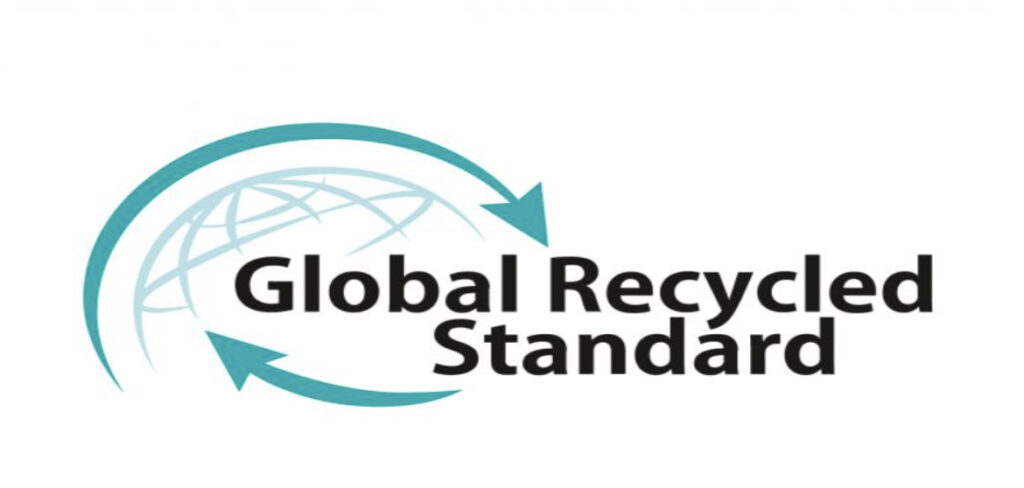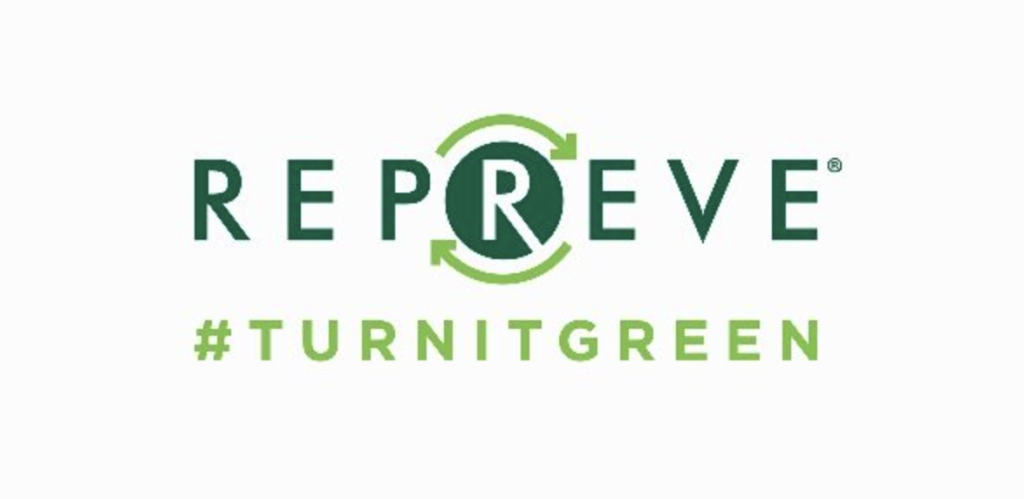Environmental Clothing
The earth faces serious global warming issues, and water and air pollution are critical concerns. The textile industry’s carbon emissions account for 6.7% of the global total, second only to the petrochemical industry, with water pollution accounting for 20%. Additionally, the discovery of microplastics has shown that they will significantly impact the ocean, marine life, and humans!
To protect the earth, we must reduce carbon emissions, water pollution, and microplastics. Developing environmentally friendly fabrics to produce clothing is an urgent matter.
By recycling waste plastic materials and effectively using them in fabric production, we can contribute to the conservation of the earth.
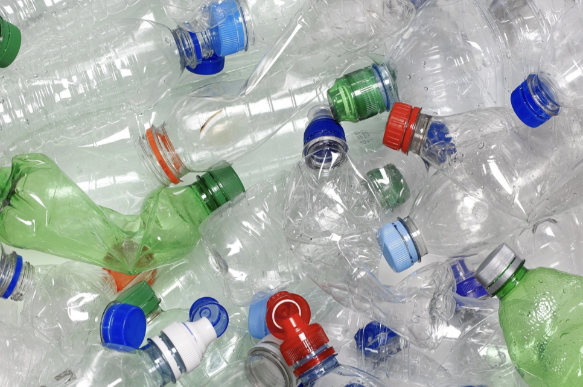
Clean collected plastic bottles
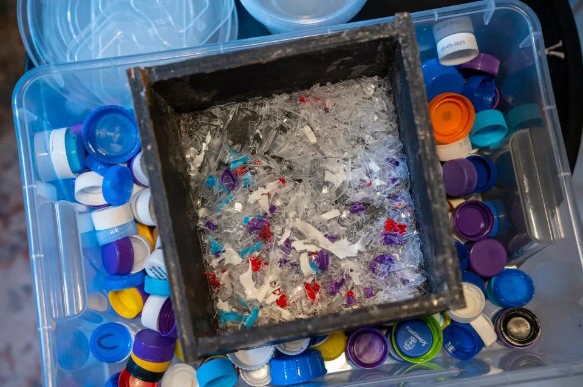
Breaks bottles into small piece
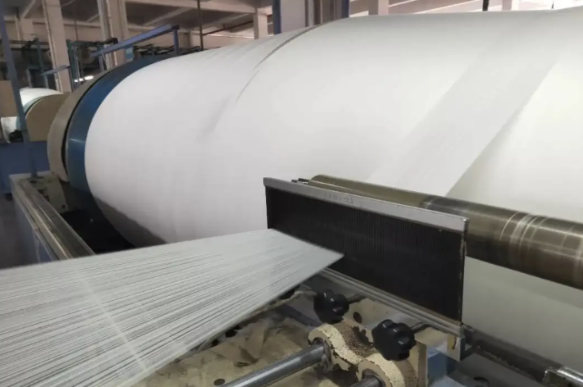
Use plastic piece produces fabric
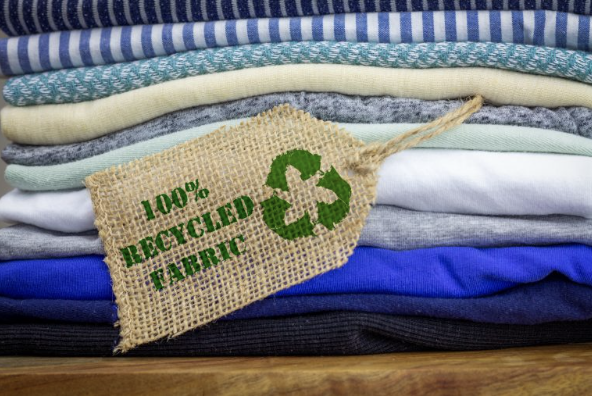
Produce clothes using recycle fabric
The Relationship Between Recycled Plastic Clothing (rPET) and Earth Conservation
The earth generates over 400 million tons of plastic waste each year, with only 10% being recycled. About 12% is incinerated, and the remaining 78% is sent to landfills or discarded in the natural environment. Over 12 million tons of this plastic enter the ocean annually, causing pollution and contributing to the microplastics found in marine organisms and humans.
- Carbon emissions: Producing 1 ton of plastic raw materials results in 2.9 tons of carbon emissions.
- Plastic bottle usage: Approximately 600 billion bottles are used each year, weighing around 15 million tons.
- Clothing production: About 100 billion pieces of clothing are produced annually, with approximately 70% made from polyester materials, amounting to 23 million tons.
- Oil consumption: Producing polyester fabrics for clothing uses 70 million barrels of oil annually.
What Can We Do?
Due to the low recycling rate, we must urgently increase the use of recycled plastics, including water bottles, synthetic fiber old clothes, and other plastic products. These materials can be processed into yarn through crushing, washing, and other procedures, dyed with eco-friendly dyes, and used to produce fabrics and clothing.
Each ton of recycled yarn can reduce approximately 2.2 tons of carbon emissions, equivalent to reducing the waste of 3,000 polyester garments or 50,000 plastic bottles!
Currently, the production of environmentally friendly fabrics is mature, with more options available. Our company offers recycled yarns from China, Taiwan, and Japan, using eco-friendly dyes to produce various rPET fabrics suitable for different clothing and supply needs.
This approach allows us to use recycled yarn (rPET) to contribute to earth conservation and provide new opportunities for the textile and clothing industry!

